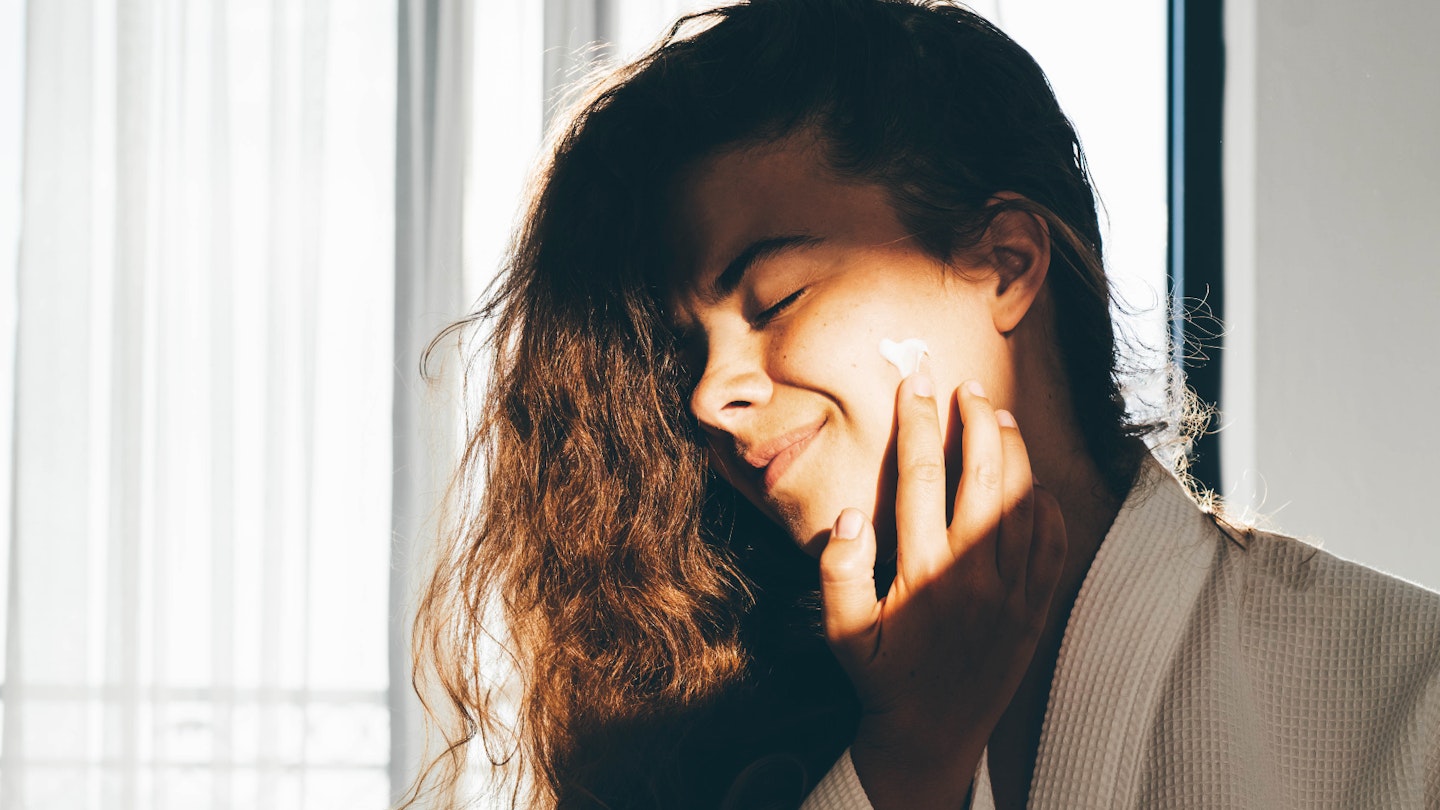Whether you've been a little more rosy-cheeked than you'd like (and rosy-nosed, and forehead'd...) all your life or developed patches of redness later in life, rosacea is one of those beauty bugbears that doesn't go away overnight. How to cure this all-too-common and deeply irritating condition? We turned to renowned skin expert, and creator of some of our favourite-ever products, Sarah Chapman for the lowdown.
What is rosacea?
First of all, what is rosacea? Is it one specific condition or an umbrella term for different kinds of redness?
'My work focuses on facial rejuvenation, skin treatments and product formulations aiming to always push the boundaries of skincare and achieve dramatic measurable results, so I'm well versed in rosacea as a whole,' says Chapman. 'Essentially rosacea is a commonly re-occurring inflammatory skin condition that causes redness mostly on the face. Rosacea itself is a specific condition however; many other skin complaints often get branded as this condition, like couperose or hypersensitivity.'
What are the main triggers of rosacea?
What are the main causes of rosacea, and what can trigger it? If you're a sufferer, we've no doubt that you've frantically googled this one before.
'Rosacea is a condition that can vary in severity from one flare up to the next,' explains Chapman. 'There are a number of recognised triggers, such as sun exposure, alcohol consumption, spicy foods and emotional stress. It is also often thought that it could be bacterial.'
Does rosacea develop over time?
Or are you born with rosacea? How exactly, does the skin condition work
'Rosacea usually develops between the ages of 30-50, with fair skinned people, particularly women, the most common sufferers,' says Chapman.
How to treat rosacea
What can we do topically to treat our rosacea? 'Treatments vary widely, depending on the severity of the condition,' explains Chapman. 'Keeping the skin cool can really help, so face masks are a great at-home treatment. My 3D Moisture Infusion Mask, £39, applied from the fridge, is wonderfully soothing on the skin. Try to stay out of the sun and always wear a high factor SPF or titanium dioxide sunscreen – these tend to be less irritating to rosacea-prone skins."
Rosacea and diet
What can we do in terms of our diet to alleviate rosacea?
'Avoid excess alcohol, spicy food and hot beverages. Try to eat more dark green vegetables, like kale, broccoli or spinach. Vegetables such as these are naturally rich in Vitamins A and C, bioflavonoids and beta-carotene that can help to strengthen capillaries to improve your rosacea.'
Rosacea treatment
Are there any effective dermatologist or facialist treatments for rosacea?
'Again, depending on the severity of the condition, working to soothe and calm the skin is often a good place to start. In the clinic I would recommend a course of Dermalux LED Light Therapy using red, blue and near infra-red light, to help repair and strengthen the capillaries. Clinical treatments such as IPL can reduce visible redness and some mild mandelic peels can be helpful. Also, consider also taking probiotics and omega supplements.'
Rosacea and makeup
Will attempting to hide rosacea with makeup make it worse?
'As long as you are using gentle make-up that is suitable for sensitive skin to prevent irritation, toning down the redness is fine. Look for green-tinted skin primers as these will work with the redness to tone down the high colouration of the skin and stick to mineral makeup such as Jane Iredale or bareMinerals.'
Is there a point where rosacea may need medical attention?
How to treat rosacea?
'If left untreated for a long period of time, rosacea can get to a point where it will require medical attention. There are different forms of rosacea, with and without pimples but acne rosacea requires medical treatment. If it is very uncomfortable and sore, I would visit a doctor for further help,' recommends Chapman.
Rosacea: Ingredients to avoid
'Anything too astringent that can cause stress to the skin should be avoided,' explains Common ingredients like witch hazel, menthol, peppermint oil and salicylic acid have all been found to induce flare ups. Also avoid abrasive scrubs or peels and products that typically contain alcohol, such as toners.'
Shop: Best Products For Skin Prone To Rosacea and Redness
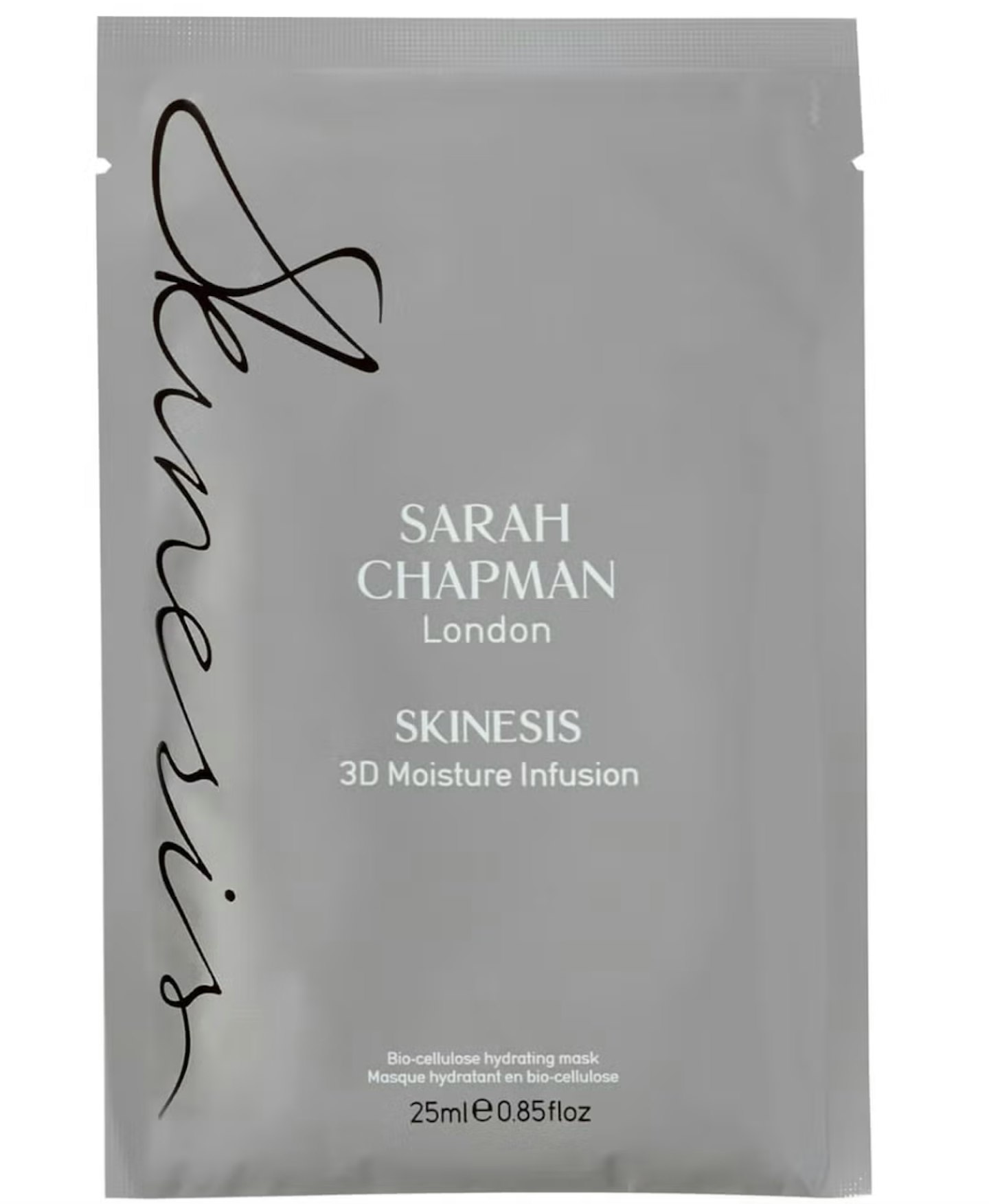
www.lookfantastic.com
This mask is rich in soothing oils and pollution-shielding ingredients to calm inflammed skin.
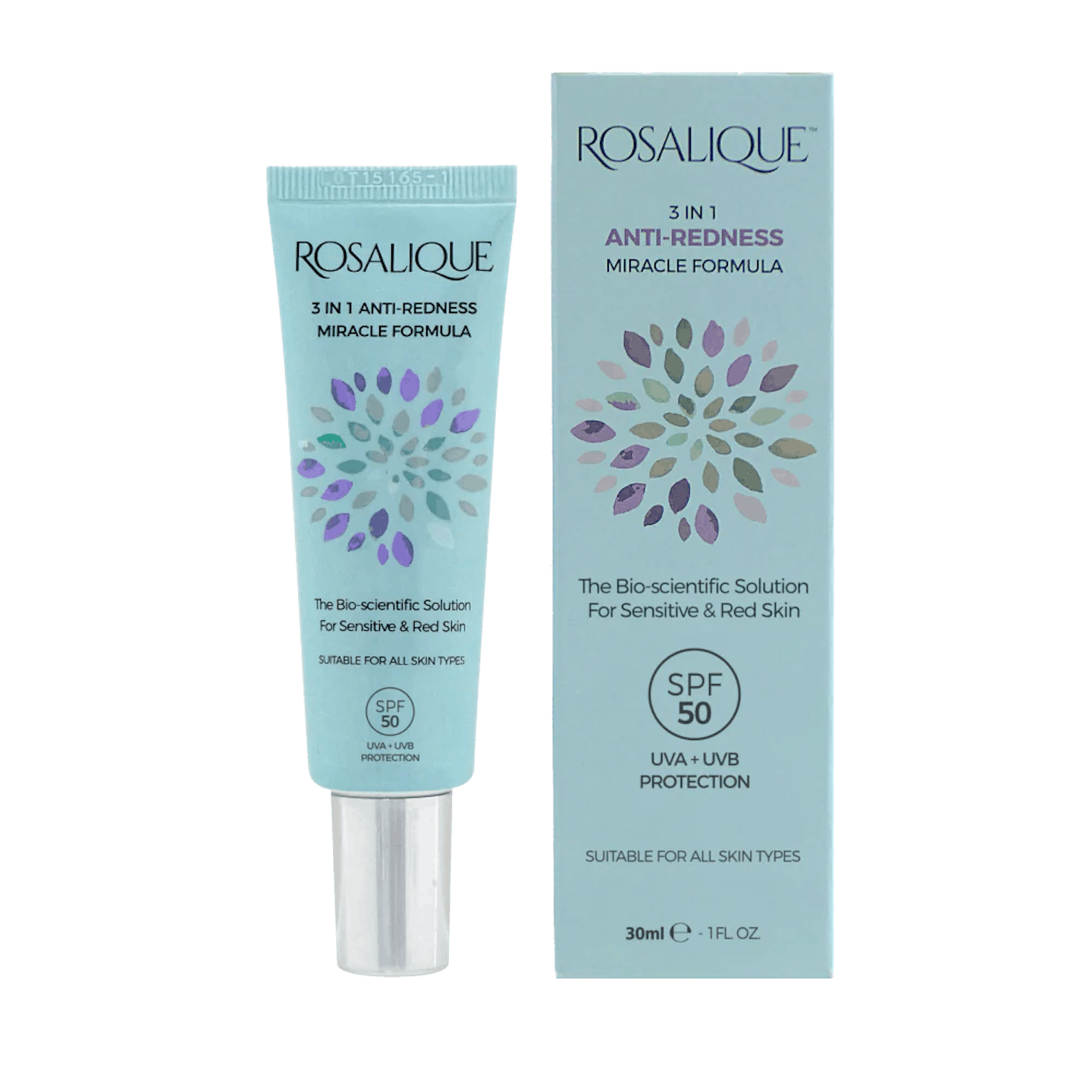
rosalique.co.uk
A cult classic, just a small amount soothes, smoothes and minimises redness thanks to an impressive cocktail of clinically proven ingredients
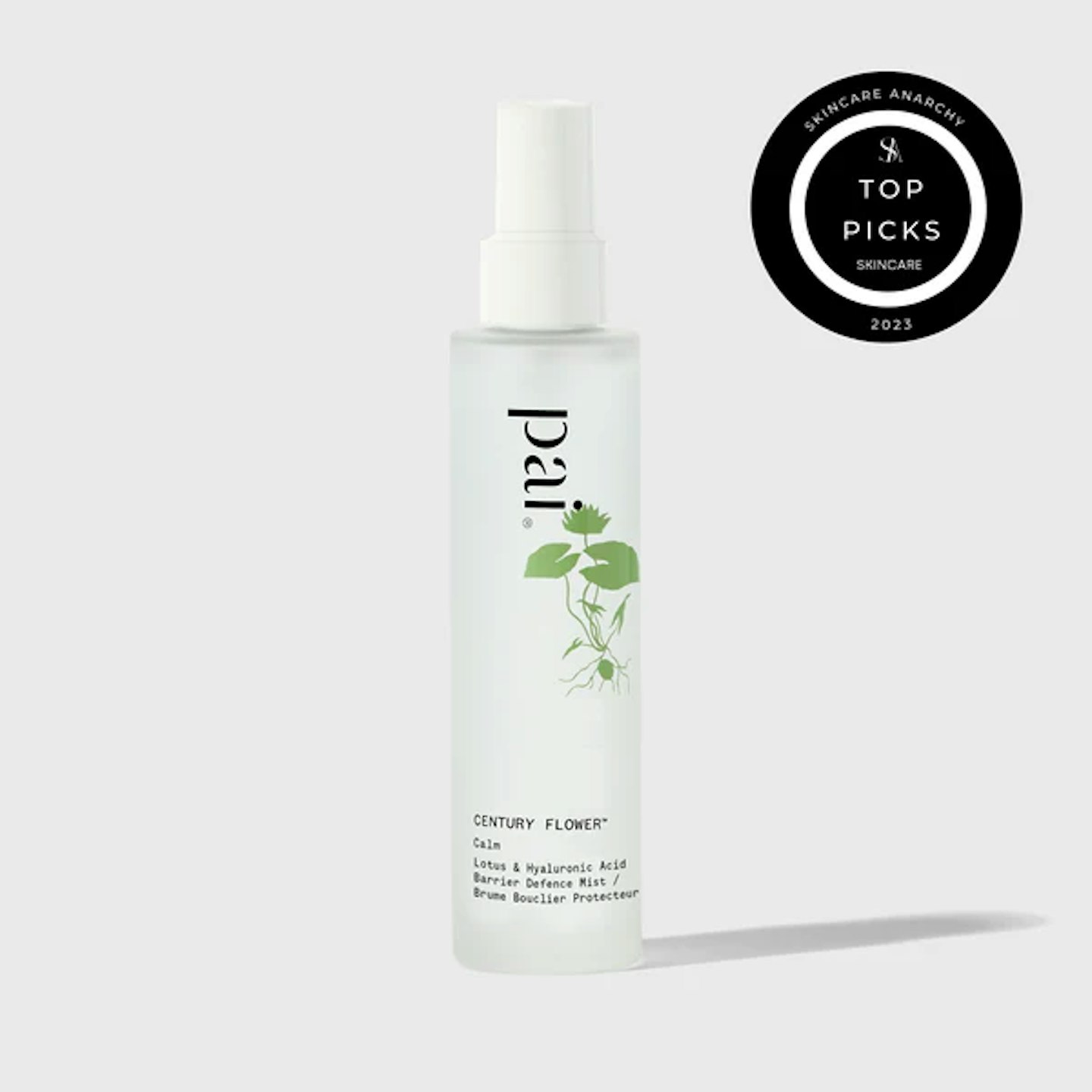
www.lookfantastic.com
Skin feeling tight and uncomfortable? Spritz a liberal amount of this lotus and hyaluronic acid barrier defence mist across your complexion for a soothing sensation - a little goes a long way.
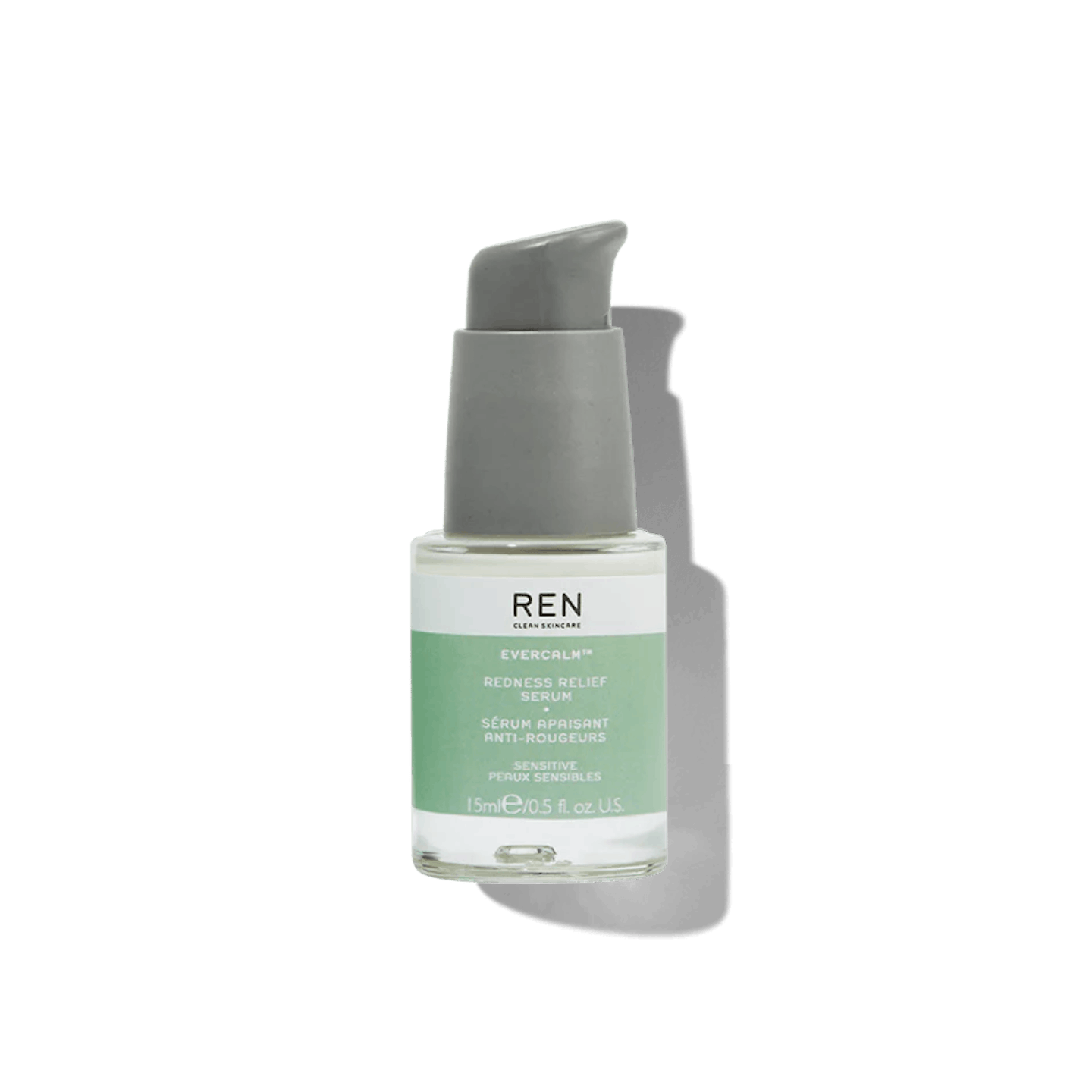
www.renskincare.co.uk
Something of a wonder product, this hypoallergenic redness relief serum is specially formulated for sensitive and red skin - it's enriched with calming White Mushroom Extract known to minimise redness.
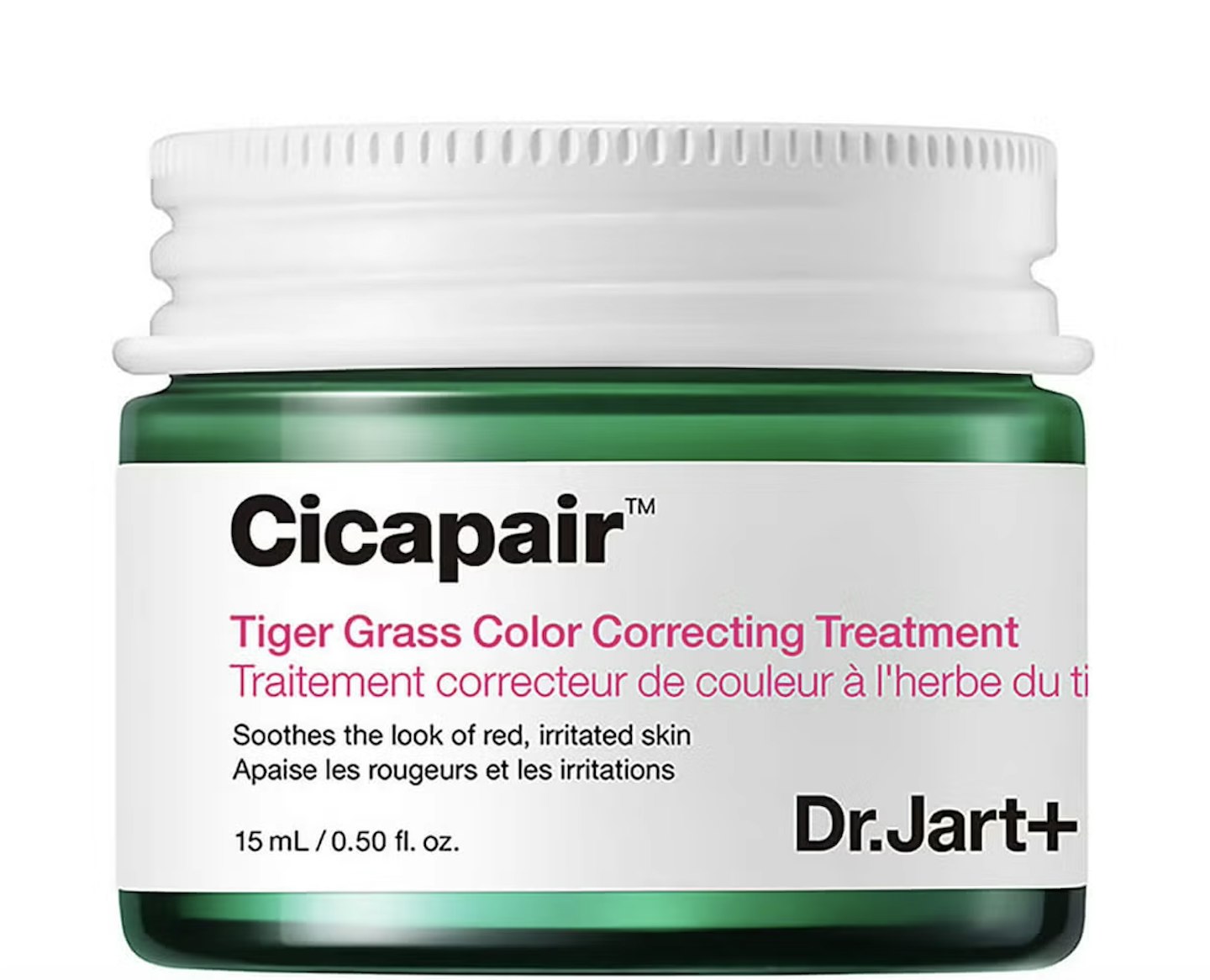
www.cultbeauty.co.uk
Formulated with a centella asiatica, this colour correcting treatment is a dream for neutralising redness. A little goes a long way.
Rachael Martin is Grazia's Junior Beauty Editor where she covers all things beauty, health and wellness.
